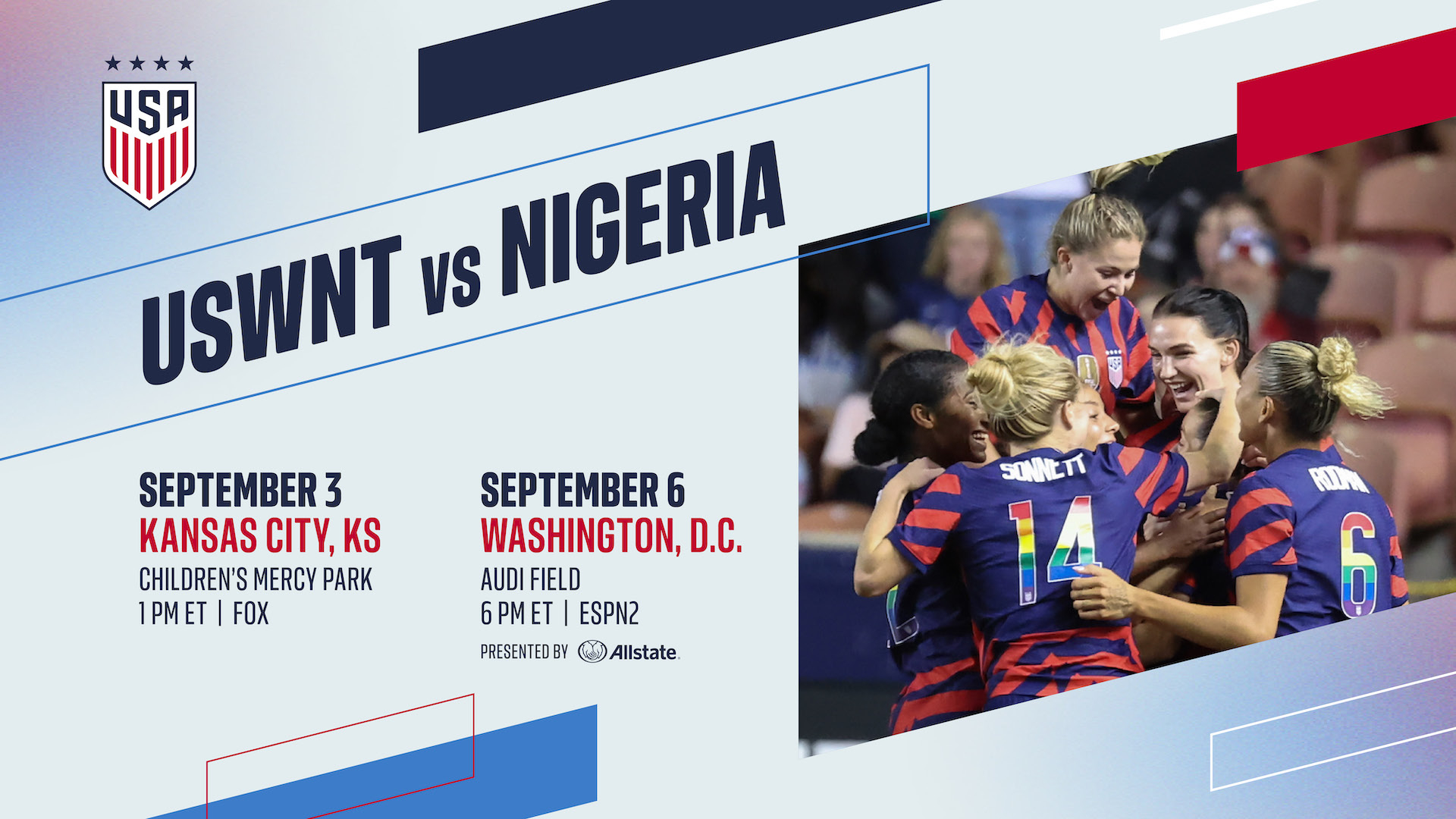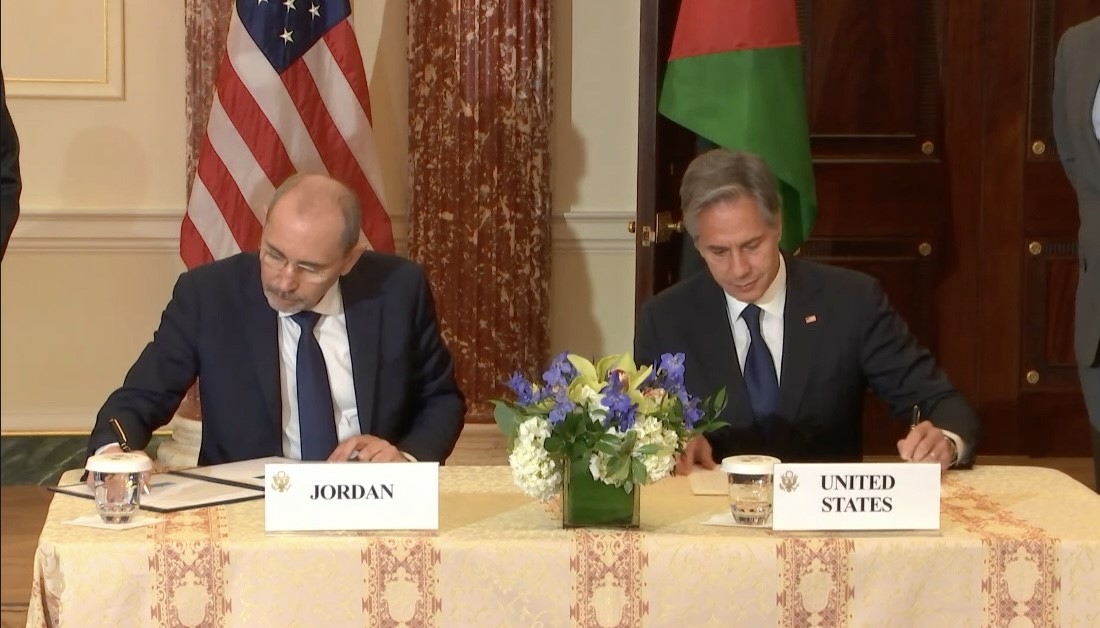Opinion Columnists compare and contrast the electoral process of the United States to other countries to see what each country could incorporate into their elections.
By Opinion Staff on November 7, 2022
The US midterm elections are tomorrow and with it a reminder of how our elections work. How can the United States learn from or inspire other countries? Brazil: By Lucy Atkinson Brazil’s presidential election ended on October 30 with Luiz Inácio Lula da Silva returning for his third term, defeating incumbent Jair Bolsonaro. While Brazil and the United States are federal republics, the Brazilian government seems to hold the act of voting to a greater importance than the United States; in any democratic nation, such reverence of the vote must be the goal. In Brazil, voting is compulsory starting at 18, but optional at 16, according to article 14 of the Brazilian constitution. Citizens who do not vote may receive lower fees or lose legal privileges, such as obtaining a passport. The potential for criminalization provides an incentive to vote that results in much greater voter turnout than seen in American elections, according to the Pew Research Center. The Brazilian elections are also designed specifically for the ease of the voter to ensure participation. For example, elections are always held on Sundays rather than in the middle of the standard work week. While many Americans resent compulsory voting, perhaps the United States could benefit from: increased federal encouragement to visit the polls, a lower voting age for optional participation before the age of 18 – as in Brazil – or greater legislative attention to the onslaught of voter suppression. Germany: by Max Honermeier The German government and the US government have two federal chambers, but their members are elected differently. The Germans also benefit from having several political parties, as opposed to the American bipartisan system. The Bundestag, or federal assembly, consists of at least 598 members i, although sometimes the number increases. Half of these members are elected from a group of constituencies directly by voters while the other half is chosen by political parties. During the quadrennial elections, each voter casts two votes – one for constituencies and another to determine how many seats are allocated to each party. The Bundesrat, or Federal Council, is known as the Higher Council although it is smaller and has less power. There are no public elections to the Bundesrat and the members are chosen from among the holders of the seats of the state governments. German voters have a wide variety of choice not only of candidates, but of which party they belong. The political climate of the United States could be cooled by allowing voters to choose more than Republican or Democrat. Mexico: By Angelina Padilla-Tompkins The United States has more in common politically with its southern neighbor, Mexico, than most Americans might assume. The United Mexican States is a federal republic composed of three levels of government: central, state and local. Similar to the United States, citizens of Mexico are able to vote for their state governor and local mayors, according to Donquijote. The current president of Mexico is Andrés Manuel López Obrador, who was elected in 2018. The position of president in Mexico is not more than six years, there is no opportunity for re-election and no vice president. The presidential system in Mexico is rather interesting since once an individual is elected, the people stay with them for the next six years. This is different from America where the president holds office for only four years, then the citizens can vote for re-election or vote for someone new. America has a clear line of succession should the position of president become vacant. However, Mexico does not have a vice president identical, and his contingency plan seems unstable. If the president of Mexico can no longer serve in his first two years, Congress appoints an individual to act as president until a special election can be held. If the president leaves his position in the last f our years of his term congress chooses an individual to fill the position for the rest of the term, according to the studies of the country. Also, Mexico does not have an electoral college. Instead, the president is elected directly by the people. “He (the president) is elected every six years by direct election, universal suffrage, and the principle of relative or simple majority,” according to the National Electoral Institute (National Electoral Institute). The subject of the electoral college versus no electoral college has been hotly debated in the United States, but the current electoral process is unlikely to change. It makes sense for the United States to have the electoral college only because of how big the country is and how the population falls on the states. For example, New York State has a population of nearly 19 million while states like Utah have a population of only 3 million. The Electoral College ensures that every state’s voice is heard in the presidential election. While a direct election may be attractive, an electoral college could be very beneficial for the citizens of Mexico. Similar to the United States, Mexico is divided into states, each with very different populations and needs. For example, in 2020 Mexico City had a population of 9.2 million while the northern region of the country, the state of Chihuahua, had a population of only 3.7 million. Having a system similar to the electoral college of the United States will ensure that the voice of the citizens in Northern Mexico will be heard instead of being silenced by the overwhelmed population of Mexico City. Canada: by Filippo Arduini U Canada’s electoral system is similar to the United States, but the diversity of the party and the political campaign are aspects that are more refined in the Canadian system. In both countries, the head of government is not elected by popular vote. In the United States, the electoral college determines the president. In the case of Canada, the leader of the party with the most members of Parliament becomes the Prime Minister. In the most recent elections, Justin Trudeau, the leader of the Liberal Party, retained his position as prime minister. Members of Parliament make up the House of Commons, which is similar to the House of Representatives in the United States. The House of Commons has 337 elected members with more populous provinces, such as Ontario, electing more members. The Senate, however, is different from that of the United States, since senators in Canada are appointed on the recommendation of the Prime Minister. While the American political system is primarily made up of members of the Democratic or Republican parties, Canada’s representation is a bit more diverse with four different parties holding a significant amount of seats in parliament. Having more competitive parties allows for more voter choice, which is an aspect that the US electoral system could improve. These parties are given campaign spending caps, unlike the United States in which campaign spending reaches large proportions. Campaign spending limits would be an additional way to improve US elections since the merits of a candidate should be more important than the money his campaign has.
The US midterm elections are tomorrow and with it a reminder of how our elections work. How can the United States learn from or inspire other countries?
Brazil:
By Lucy Atkinson
Brazil’s presidential election ended on October 30 with Luiz Inácio Lula da Silva returning for his third term, defeating incumbent Jair Bolsonaro. While Brazil and the United States are federal republics, the Brazilian government seems to hold the act of voting to a greater importance than the United States; in any democratic nation, such reverence of the vote must be the goal.
In Brazil, voting is compulsory starting at 18, but optional at 16, according to article 14 of the Brazilian constitution. Citizens who do not vote may receive lower fees or lose legal privileges, such as obtaining a passport. This may interest you : Following President Biden’s Executive Order to Protect Access to Reproductive Health Care. The potential for criminalization provides an incentive to vote that results in much greater voter turnout than seen in American elections, according to the Pew Research Center.
The Brazilian elections are also designed specifically for the ease of the voter to ensure participation. For example, elections are always held on Sundays rather than in the middle of the standard work week.
While many Americans resent compulsory voting, perhaps the United States could benefit from: increased federal encouragement to visit the polls, a lower voting age for optional participation before the age of 18 – as in Brazil – or greater legislative attention to the onslaught of voter suppression.
Germany:
By Max Honermeier
The German government and the US government have two federal chambers, but their members are elected differently. See the article : Many MPs have reached an agreement on the sports betting law. The Germans also benefit from having several political parties, as opposed to the American bipartisan system.
The Bundestag, or federal assembly, consists of at least 598 members, although sometimes the number increases. Half of these members are elected from a group of constituencies directly by voters while the other half is chosen by political parties. During the quadrennial elections, each voter casts two votes – one for constituencies and another to determine how many seats are allocated to each party.
The Bundesrat, or Federal Council, is known as the Higher Council although it is smaller and has less power. There are no public elections to the Bundesrat and the members are chosen from among the holders of the seats of the state governments.
German voters have a wide variety of choice not only of candidates, but of which party they belong. The political climate of the United States could be cooled by allowing voters to choose more than Republican or Democrat.
Mexico:
By Angelina Padilla-Tompkins
The United States has more in common politically with its southern neighbor, Mexico, than most Americans might assume. Read also : Nuclear Non-Proliferation Treaty Still Strong Despite Russian Blockade – US Department of State.
The United Mexican States is a federal republic composed of three levels of government: central, state and local. Similar to the United States, citizens of Mexico are able to vote for their state governor and local mayors, according to Donquijote.
The current president of Mexico is Andrés Manuel López Obrador, who was elected in 2018. The position of president in Mexico is not more than six years, there is no opportunity for re-election and no vice president.
The presidential system in Mexico is rather interesting since once an individual is elected, the people stay with them for the next six years. This is different from America where the president holds office for only four years, then the citizens can vote for re-election or vote for someone new.
America has a clear line of succession should the position of president become vacant. However, Mexico does not have a vice president, and its contingency plan looks shaky.
If the president of Mexico can no longer serve in his first two years, Congress appoints an individual to act as president until a special election can be held. If the president leaves the post in the last four years of his term, the congress chooses an individual to fill the post for the rest of the term, according to the studies of the country.
Also, Mexico does not have an electoral college. Instead, the president is elected directly by the people.
“He (the president) is elected every six years by direct election, universal suffrage, and the principle of relative or simple majority,” according to the National Electoral Institute (National Electoral Institute).
The subject of the electoral college versus no electoral college has been hotly debated in the United States, but the current electoral process is unlikely to change.
It makes sense for the United States to have the electoral college only because of how big the country is and how the population falls on the states.
For example, New York State has a population of nearly 19 million while states like Utah have a population of only 3 million. The Electoral College ensures that every state’s voice is heard in the presidential election.
While a direct election may be attractive, an electoral college could be very beneficial for the citizens of Mexico.
Similar to the United States, Mexico is divided into states, each with very different populations and needs.
For example, in 2020 Mexico City had a population of 9.2 million while the northern region of the country, the state of Chihuahua, had a population of only 3.7 million.
Having a system similar to the electoral college of the United States will ensure that the voice of the citizens in Northern Mexico will be heard instead of being silenced by the overwhelmed population of Mexico City.
Canada:
The electoral system of Canada is similar to the United States, but the diversity of the party and the political campaign are aspects that are more refined in the Canadian system. In both countries, the head of government is not elected by popular vote. In the United States, the electoral college determines the president. In the case of Canada, the leader of the party with the most members of Parliament becomes the Prime Minister. In the most recent elections, Justin Trudeau, the leader of the Liberal Party, retained his position as prime minister.
Members of Parliament make up the House of Commons, which is similar to the House of Representatives in the United States. The House of Commons has 337 elected members with more populous provinces, such as Ontario, electing more members. The Senate, however, is different from that of the United States, since senators in Canada are appointed on the recommendation of the Prime Minister.
While the American political system is primarily made up of members of the Democratic or Republican parties, Canada’s representation is a bit more diverse with four different parties holding a significant amount of seats in parliament. Having more competitive parties allows for more voter choice, which is an aspect that the US electoral system could improve. These parties are given campaign spending caps, unlike the United States in which campaign spending reaches large proportions. Campaign spending limits would be an additional way to improve US elections since the merits of a candidate should be more important than the money his campaign has.
Is voting a right or responsibility?
In the United States, no one is required by law to vote in any local, state, or presidential election. According to the United States Constitution, voting is a right. Many constitutional amendments have been ratified since the first election.
Is voting a right or a responsibility in the Philippines? The human right to vote is embodied in three instruments: Universal Declaration of Human Rights (UDHR); the International Covenant on Civil and Political Rights; and in the 1987 Philippine Constitution.
Is voting a civic duty or responsibility?
United States citizens are encouraged to exercise certain responsibilities and privileges, including: Voting. While voting is a right and a privilege of citizenship, it is also a duty or responsibility. United States citizens have a responsibility to participate in their government by registering to vote and voting in elections.
Why is voting an important responsibility?
By voting, citizens participate in the democratic process. Citizens vote for leaders to represent them and their ideas, and leaders support the interests of citizens. There are two special rights only for US citizens: voting in federal elections and running for federal office.
Is voting as a citizen our right?
One of the most important rights of American citizens is the franchise – the right to vote. Originally under the Constitution, only white male citizens over the age of 21 were eligible to vote.
What is the purpose of voting?
Voting is a method that a group, such as a meeting or an elector, can exercise to make a collective decision or express an opinion usually after discussions, debates or election campaigns. Democracies elect the holders of high offices by vote.
Why is it important for citizens to vote? By voting, citizens participate in the democratic process. Citizens vote for leaders to represent them and their ideas, and leaders support the interests of citizens. There are two special rights only for US citizens: voting in federal elections and running for federal office.
What is the main difference between a presidential system and a parliamentary system Brainly?
in the parliamentary system the prime minister is the head of government and the judiciary is separate from the legislature. in the presidential system everything will be under the control of the president. The President is both the legislative and administrative head.
What is the main difference between a presidential system and a parliamentary system? In a parliamentary form of government, powers are shared between the nominal head and the real head of state. In a form of presidential government, instead, the powers are concentrated in the hands of the single executive or the president of the country.
What are two main differences between presidential and parliamentary systems?
The main difference between these systems is the extent of the separation of power between legislative, executive and judiciary. Another big difference between the presidential and parliamentary systems is the accountability of the executive to the legislature.
What is the difference between a parliamentary and a presidential system of government Brainly?
This is the Expert Verified Answer â¥The main difference between the parliamentary and presidential form of government is that in the parliamentary system, there is a harmonious relationship between the legislative and executive bodies, while the judicial body works independently.
What is the difference between a presidential and parliamentary government quizlet?
In a presidential democracy, the executive and the legislature are elected separately by the citizens. In a parliamentary democracy, citizens elect a legislature that chooses an executive.




